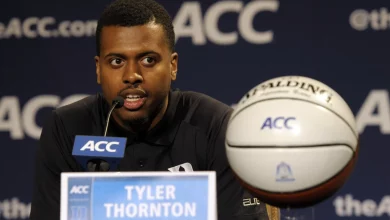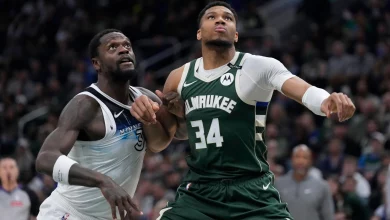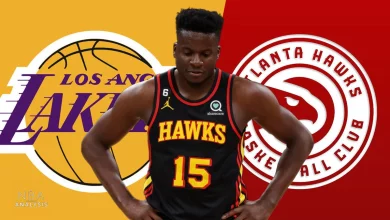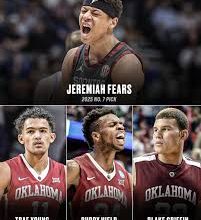Tennessee received unsettling news about Nico Iamaleava just before their Spring Game.
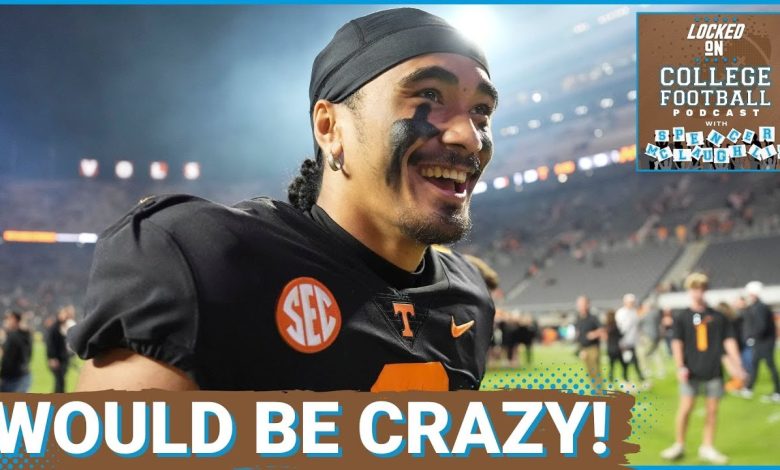
In the days leading up to the Tennessee Volunteers’ Spring Game, the program was rocked by unexpected developments involving star quarterback Nico Iamaleava. Reports emerged that Iamaleava was absent from practice due to ongoing Name, Image, and Likeness (NIL) contract negotiations, raising concerns about his commitment to the team and his future with the program.
The Emergence of NIL Negotiations
Nico Iamaleava, entering his junior year, has been a pivotal figure for the Volunteers. In his sophomore season, he threw for 19 touchdowns and five interceptions, leading Tennessee to a 10-3 record and a No. 9 finish in the AP Poll. Despite a less-than-stellar performance in the College Football Playoff against Ohio State, expectations for Iamaleava’s growth remained high.
The recent absence from practice was attribute to NIL contract negotiations. While specific details were scarce, reports suggested that Iamaleava, potentially influenced by his father Nic, was seeking a deal exceeding his current NIL valuation of $3.1 million. However, Nic Iamaleava refuted these claims, labeling them as misinformation from an unnamed university source.
Timing and Implications
The timing of these developments was particularly concerning. With the NCAA transfer portal set to open on April 16, Iamaleava’s potential entry could have significant ramifications for Tennessee’s quarterback situation and recruiting efforts. The uncertainty surrounding his status added a layer of complexity to the team’s preparations for the upcoming season.
Team and Coaching Staff Response
As of April 11, Tennessee head coach Josh Heupel had not addressed the situation with his staff, indicating a degree of uncertainty and perhaps a wait-and-see approach. The lack of communication from the coaching staff left many questions unanswered, including the impact on team dynamics and the potential need for adjustments in leadership and strategy.
The Broader NIL Landscape
The situation with Iamaleava is emblematic of the broader changes sweeping through college athletics. The introduction of NIL rights has transformed the collegiate sports landscape, offering student-athletes unprecedented opportunities to profit from their personal brands. While these opportunities are beneficial, they also introduce challenges related to team cohesion, equity among players, and the potential for distractions.
For Tennessee, the emergence of NIL negotiations has added a new layer of complexity to team management and recruitment. The potential for players to seek and secure lucrative deals could impact team dynamics, with possible disparities in earnings leading to divisions within the locker room. Coaches and administrators are tasked with navigating this new terrain, balancing the individual aspirations of players with the collective goals of the team.
Looking Ahead
As the situation unfolds, all eyes will be on Nico Iamaleava and the Tennessee Volunteers. The coming weeks will be critical in determining the trajectory of Iamaleava’s collegiate career and the future of the Volunteers’ football program. Stakeholders, from fans to recruits, will be closely monitoring developments, hoping for clarity and stability as the season approaches.


